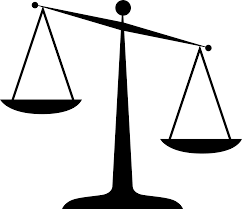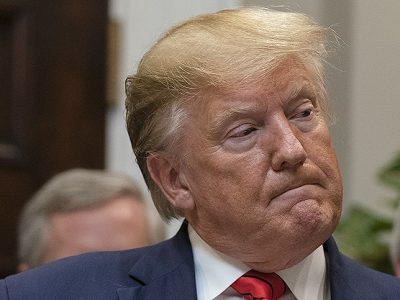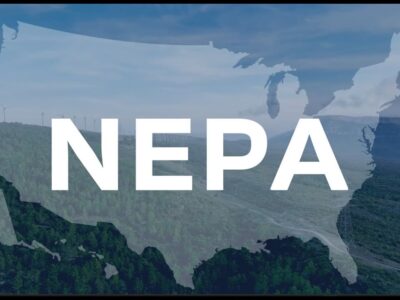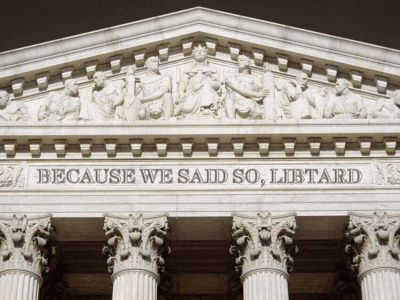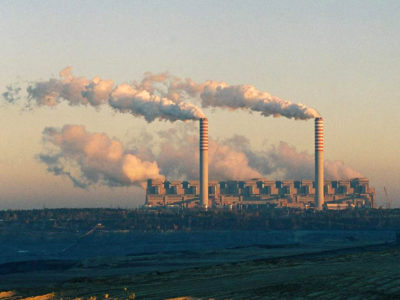U.S. Supreme Court
Which Effects Count?
Conservatives argue that only the effects that they care about should matter.
Not that long ago, conservatives demanded that the government balance costs and benefits. They still do, but with a twist: They demand special limits on consideration of environmental effects. But that makes no sense. Whatever rules we have about costs should apply to all types of costs, and the same with benefits. The result of the skewing the analysis is, not surprisingly, that we get conservative results more often.
CONTINUE READINGEmergency Powers Aren’t What They Used to Be
In the post-WW2 era, courts bent over backwards to accomodate emergency actions. Not true today, as Trump is finding out.
In mid-century America, emergency powers were truly potent. But those days are gone. In his two terms as President, Trump has declared 21 national emergencies, including eight since January 20. This glut of “emergencies” can only further discredit the whole concept. He and his advisors seem to see those as creating nearly magical legal powers, allowing them to deport people without hearings, run roughshod over environmental safeguards, and impose tariffs willy-nilly. They are probably in line for a disappointment. Judges are no longer in awe of emergency powers.
CONTINUE READINGThe Assault on NEPA: A Threat Assessment
NEPA is under multiple attacks. Which are the most serious?
NEPA, the law governing environmental impact statements, is under concerted assault from Congress, the White House, and the Supreme Court. As we will see, the Supreme Court’s recent decision in the Seven County Infrastructure Case is probably the biggest problem. Notably, the debate over NEPA has taken place without much hard data about its effectiveness or costs, so everyone seems free to make their own assumptions.
CONTINUE READINGThe Unitary Executive Theory As Government-Smasher
The Supreme Court’s Imperial Presidency drive isn’t formalism: it is calculated to destroy the state.
It is a misnomer to discuss the current Supreme Court’s “jurisprudence” on anything, as if it has an approach to any legal question other than, “because we said so, libtard.” But in the wake of the Court’s lawless and arbitrary use of the shadow docket to destroy statutes and precedents for the purpose of giving …
Continue reading “The Unitary Executive Theory As Government-Smasher”
CONTINUE READINGWhen Did Property Rights Drop Off the Conservative Agenda?
Property used to be a central conservative concern. Not so much these days.
One of the pillars of conservative thought used to be protection of property rights. But along with belief in free markets, it now seems to have lost its place of pride. The word “property” doesn’t even appear in the 2024 Republican platform. And I can’t remember Trump ever speaking about property rights.
CONTINUE READINGDon’t Panic About the Supreme Court’s Ruling on Universal Injunctions
The Court left open a variety of workarounds. At least for the now.
In a case involving birthright citizenship, Trump v. CASA, the Court limited the power of judges to issue universal injunctions that protect everyone subject to an illegal government policy. President Trump hailed this outcome as a great victory, and it does provide more maneuvering room for him and future presidents. But the Court’s reasoning does not implicate most judicial rulings about the legality of regulations. The Court also left open some important questions that will be furiously litigated in the lower courts or the Supreme Court itself.
CONTINUE READINGWhat’s the Harm?
Tentative thoughts on Trump Administration’s proposed repeal of the ESA regulation defining harm
The administration has proposed revoking the definition of harm in the regulations implementing Section 9 of the Endangered Species Act (ESA). Section 9 is the section of the ESA that prohibits taking a member of a listed species. The change is significant because that definition of harm included, in some circumstances, actions that modify the …
Continue reading “What’s the Harm?”
CONTINUE READINGDay After Earth Day, the Climate Pope, and the 89%
The Drain is a new weekly roundup of climate and environmental news from Legal Planet.
Environmental journalists everywhere are breathing easier this morning. They made it through Earth Day — one of two insufferable seasons of cliche, inane PR pitches clogging their inboxes. (The other? The 2-week UN Climate Conference each fall.) Environmental advocates are breathing a little easier too, because the White House blinked first in the war of …
Continue reading “Day After Earth Day, the Climate Pope, and the 89%”
CONTINUE READINGPrecedent, the Trump Administration, and Endangered Species
A new Trump Administration initiative misinterprets the overruling of Chevron
The Trump Administration’s effort to strip away protections under the Endangered Species Act that had previously been upheld by the Supreme Court. The Administration seems to think they’re entitled to ignore that earlier decision because it was decided under the Chevron test and Chevron has since been overruled. They’re wrong. If it wishes to change the existing interpretation, the agency must give a reasoned argument for doing so that discusses the relevant policy issues, including reliance and the impact of its decision on endangered species.
CONTINUE READINGThe Legal Complexities of Deregulating Power Plant Carbon Emissions
The Supreme Court struck down Obama’s powerplant regulation. but it didn’t endorse Trump’s first try either.
We are likely to end up with a Trump rule for powerplant emissions that is much weaker than the Biden rule, but not as weak as EPA’s effort in the first Trump Administration. And the process will take Trump longer this time, with a greater litigation risk.This matters because even a very weak rule may require significant investments in improving powerplant efficiency, which could result in some plant closures.
CONTINUE READING



